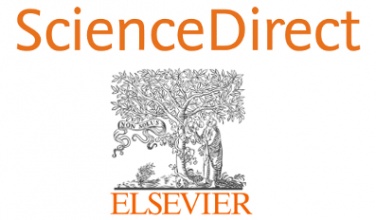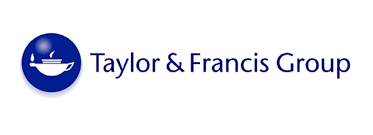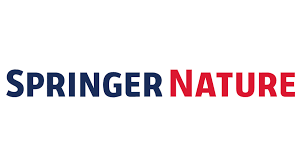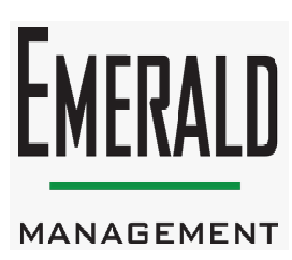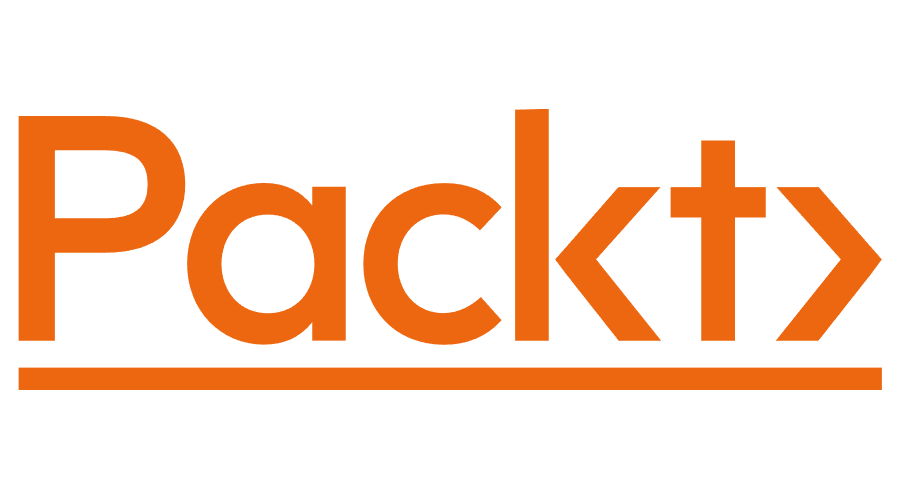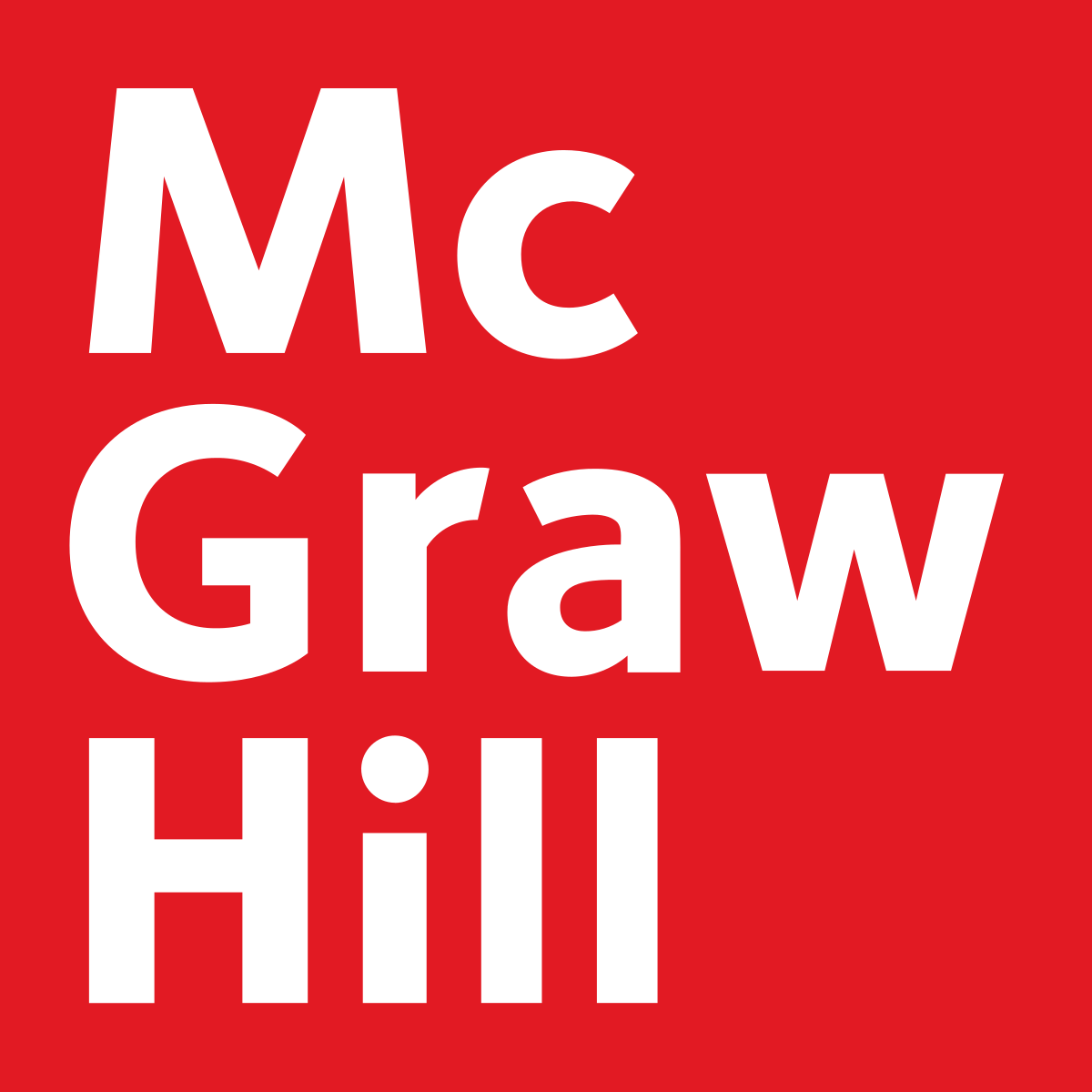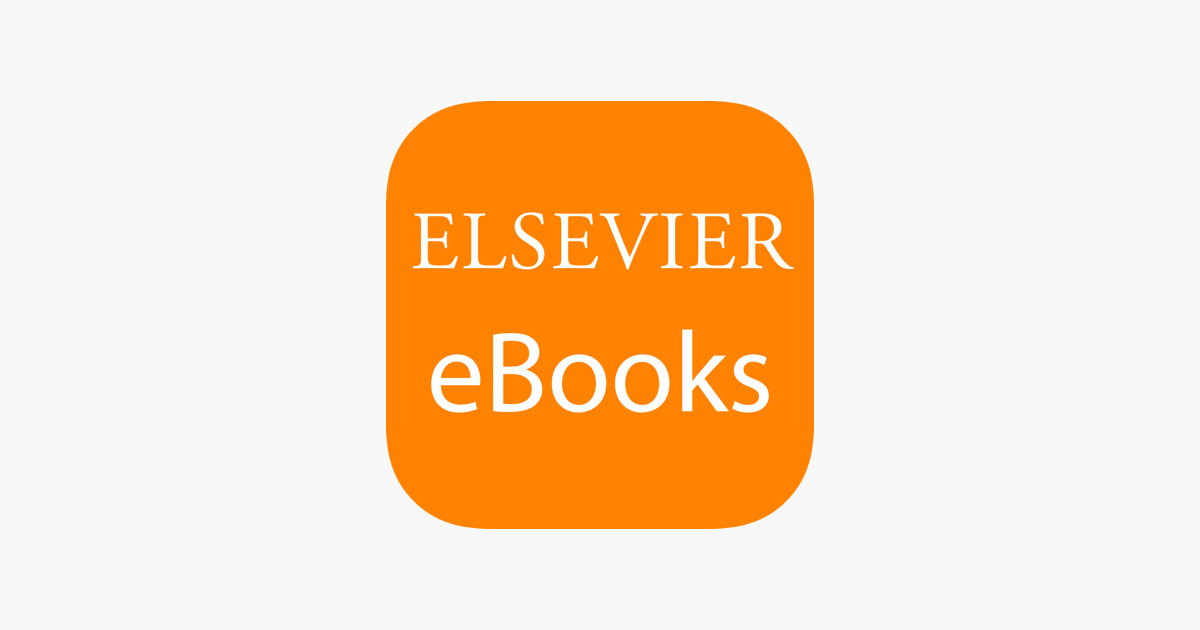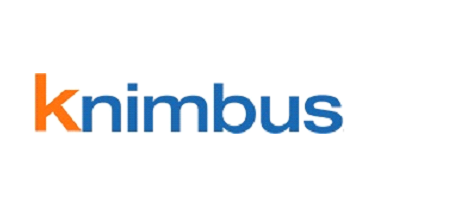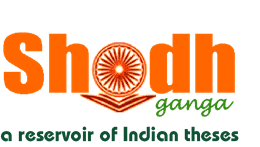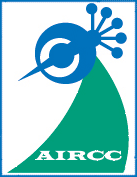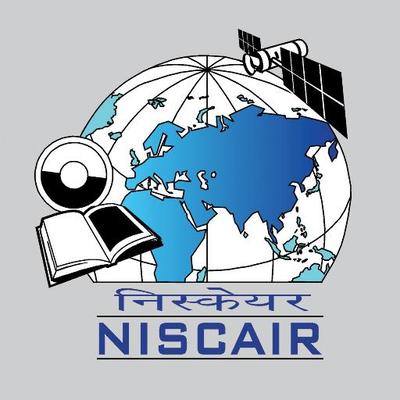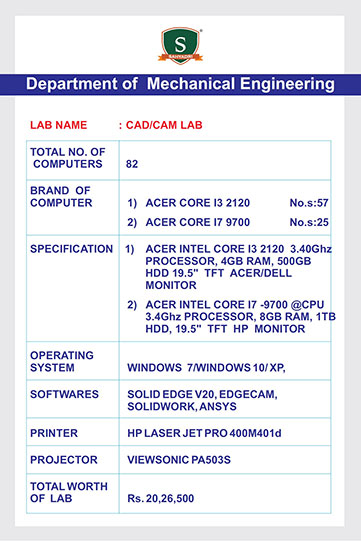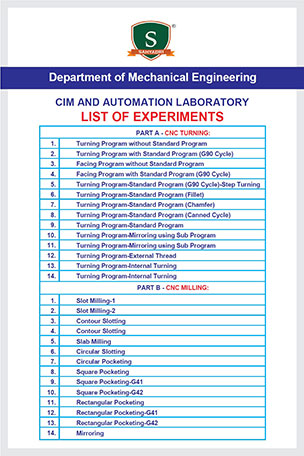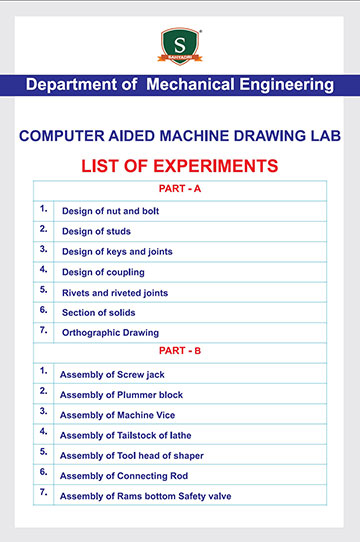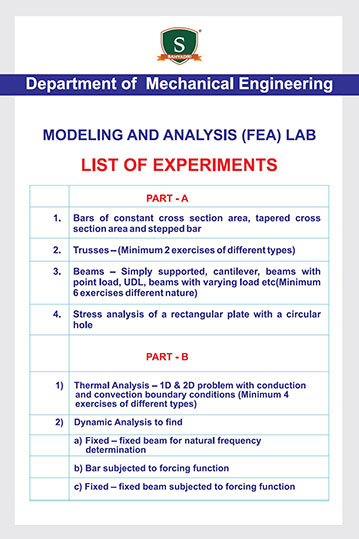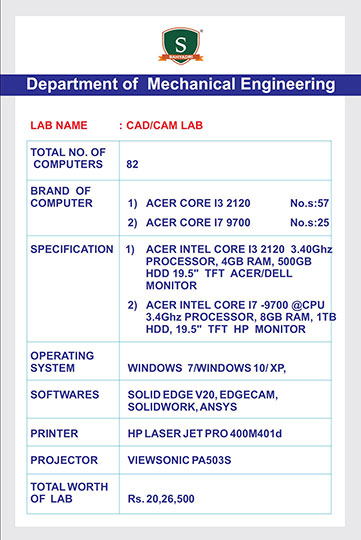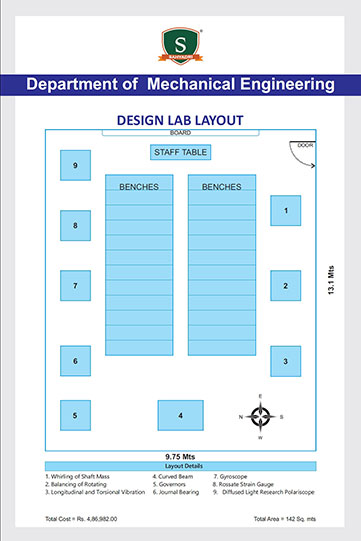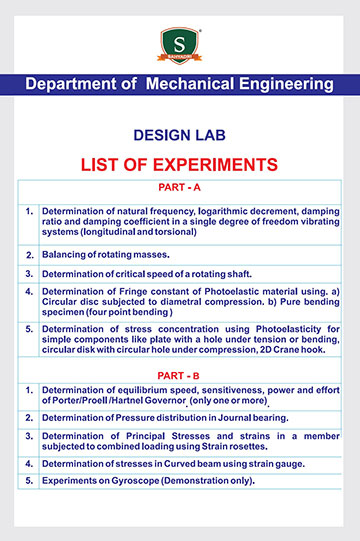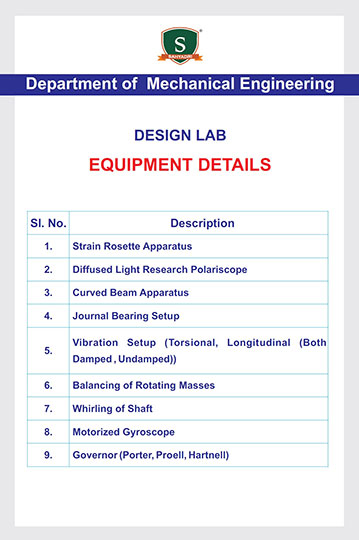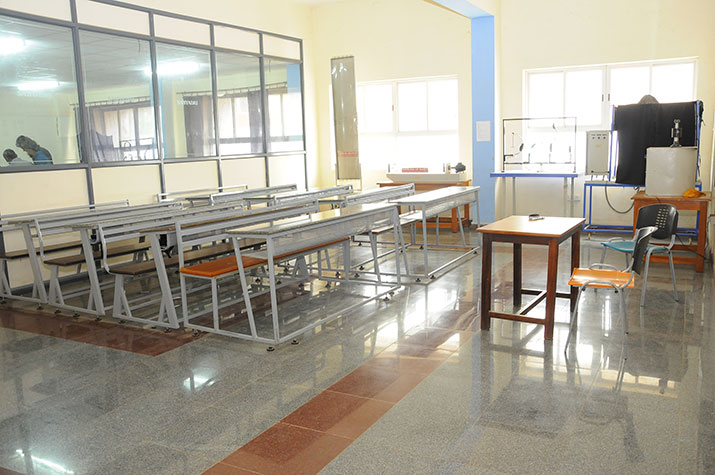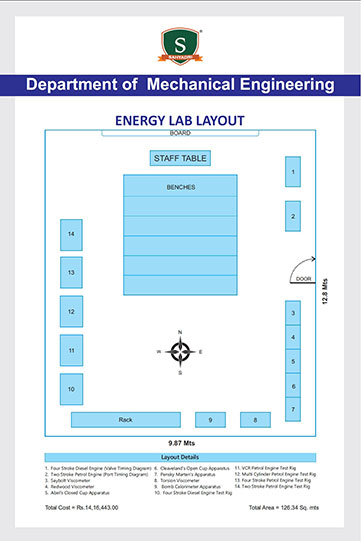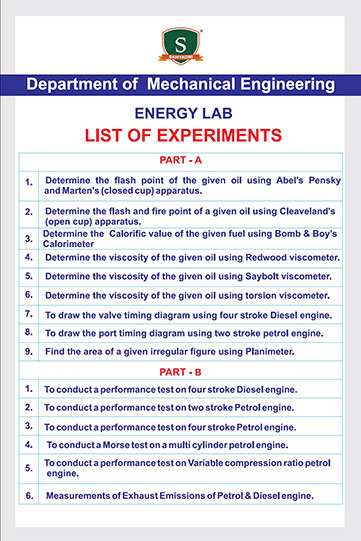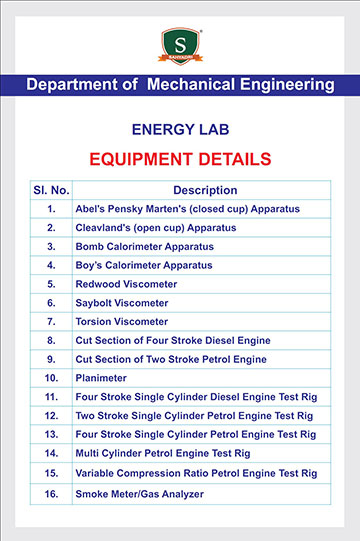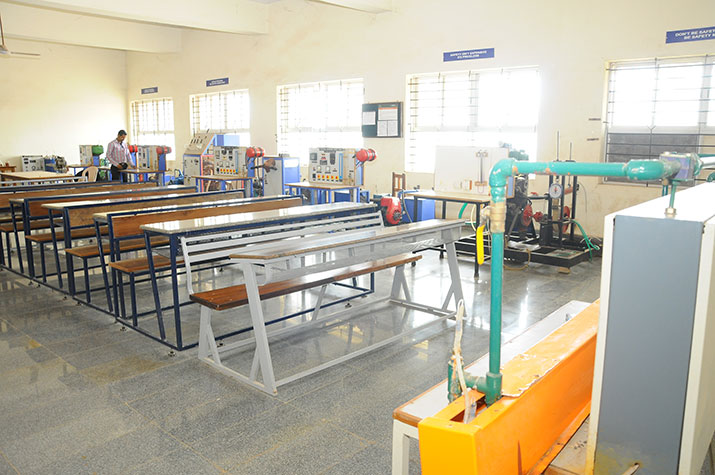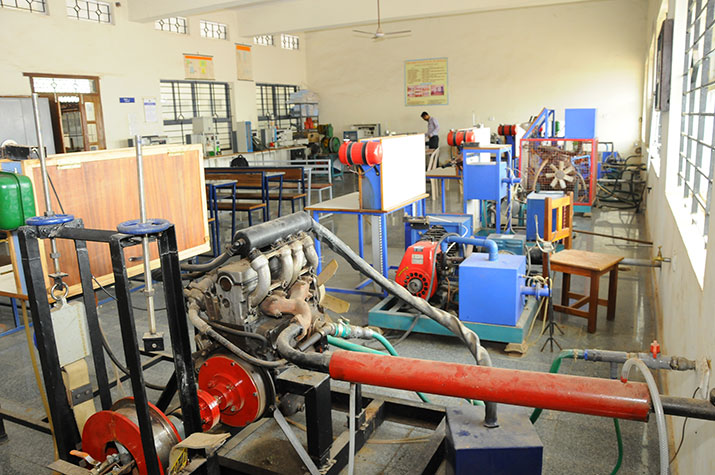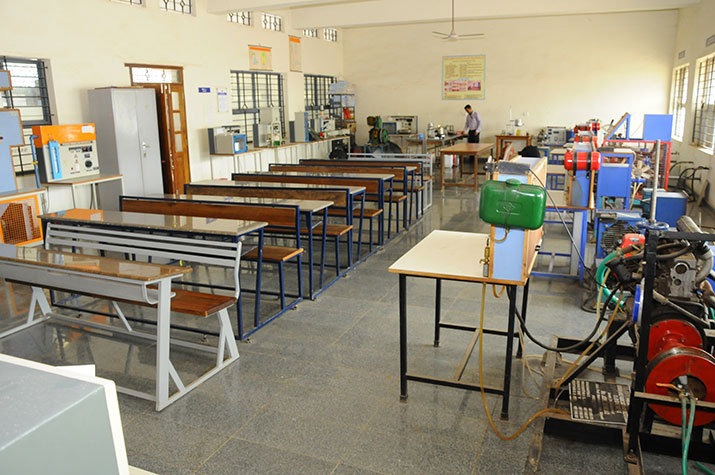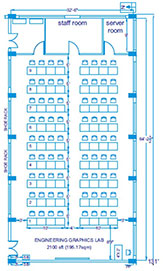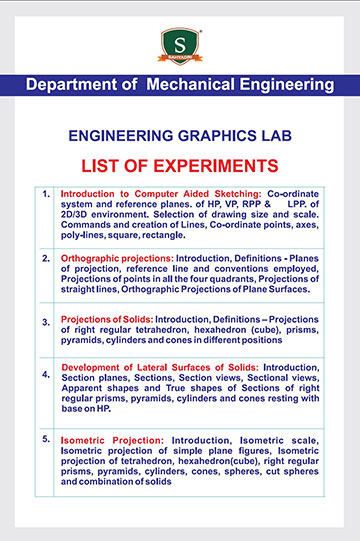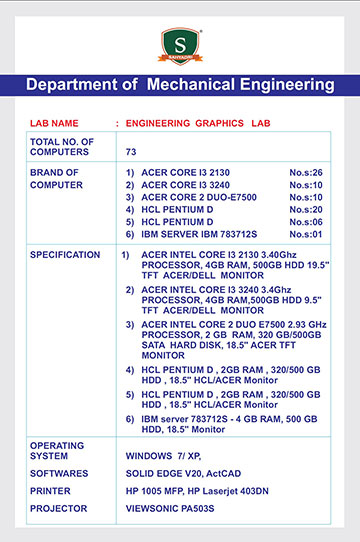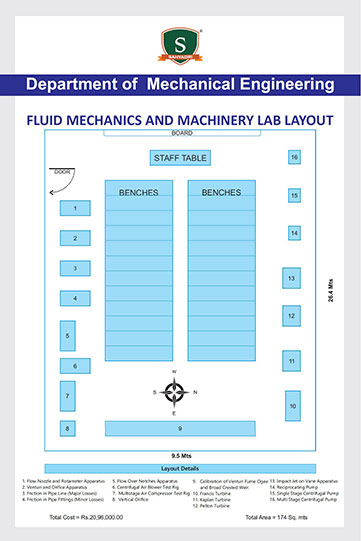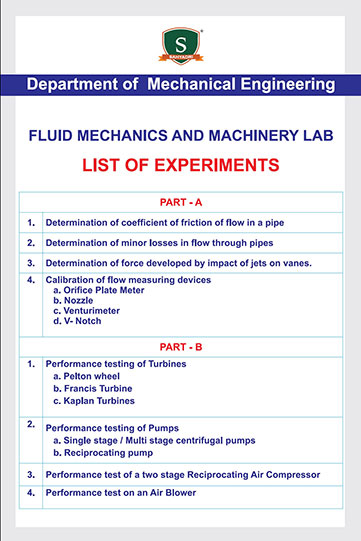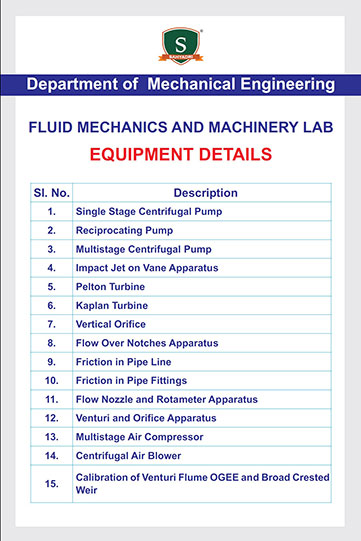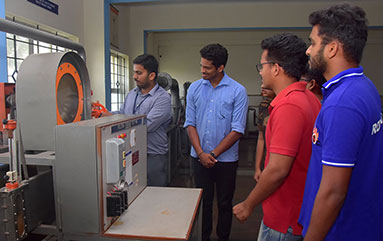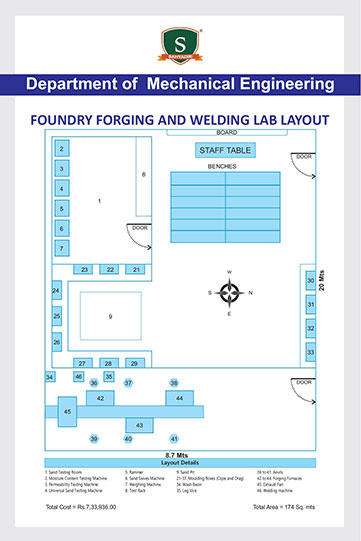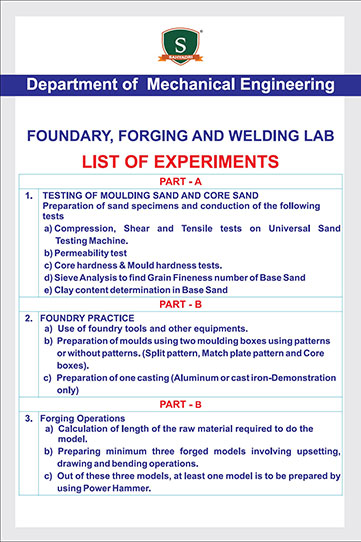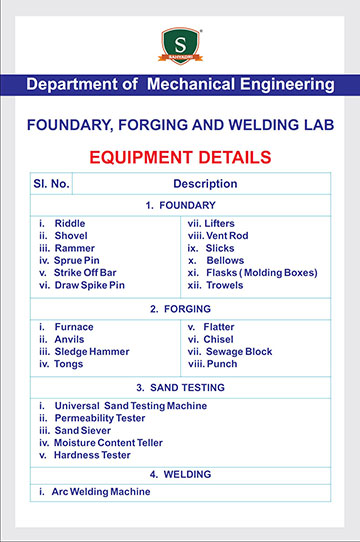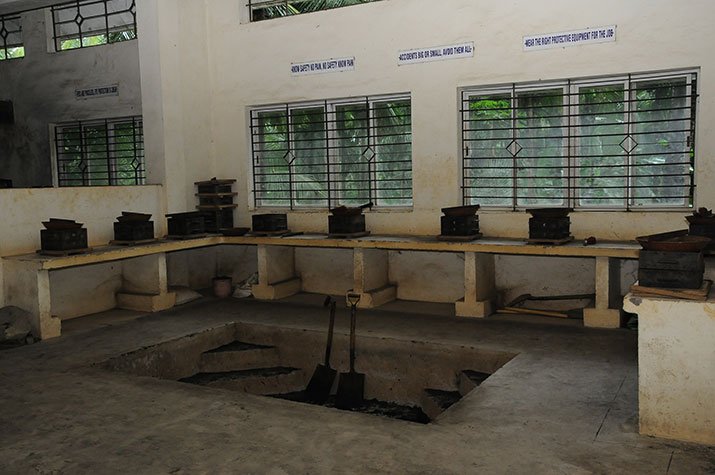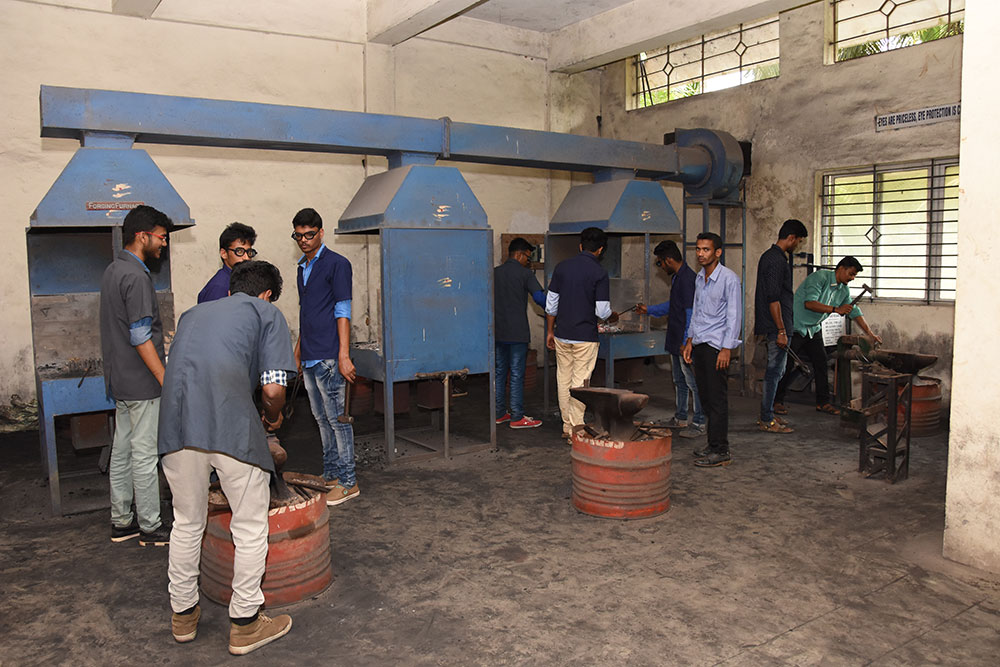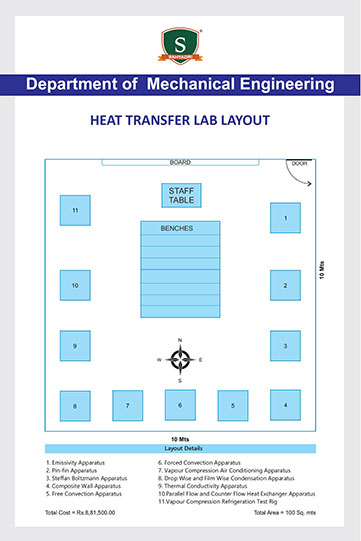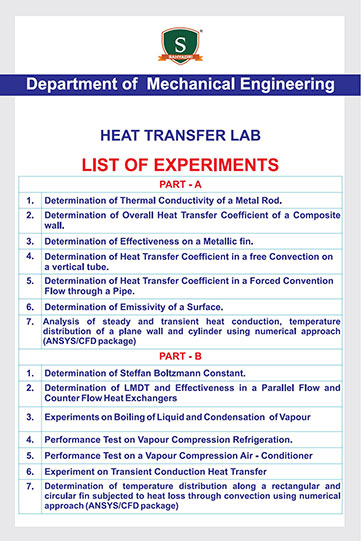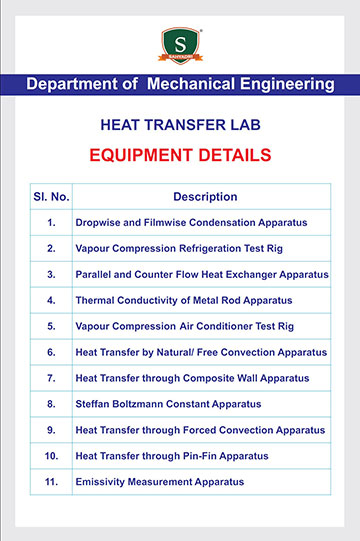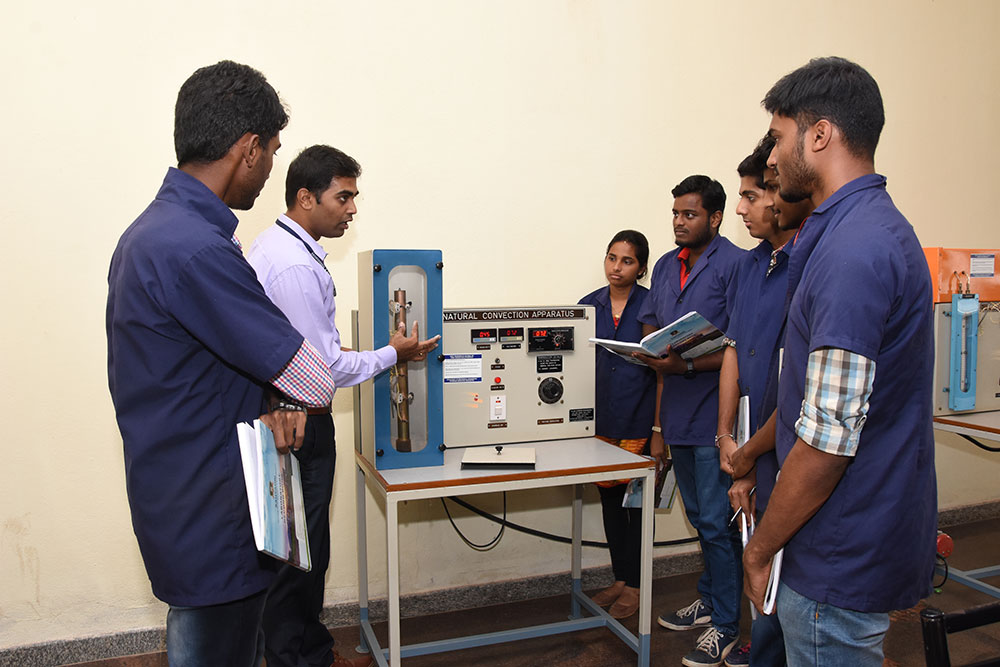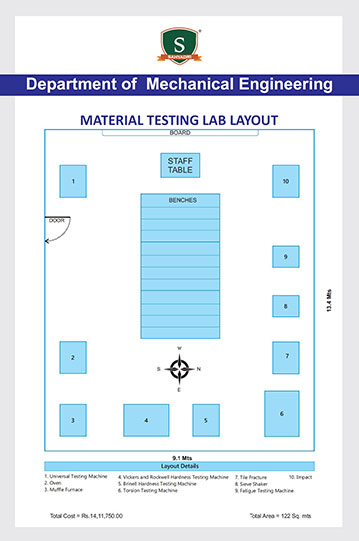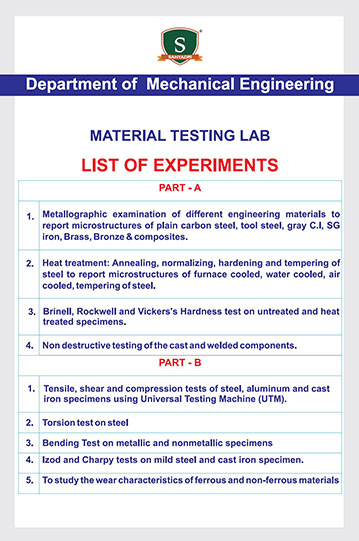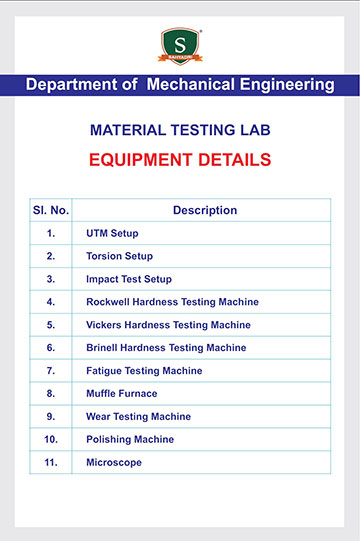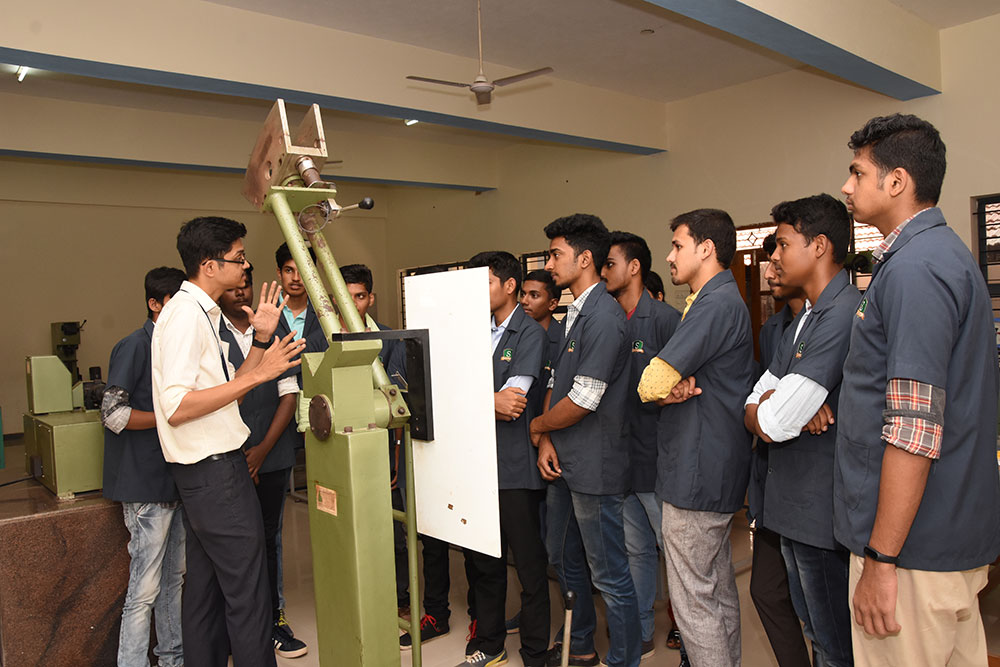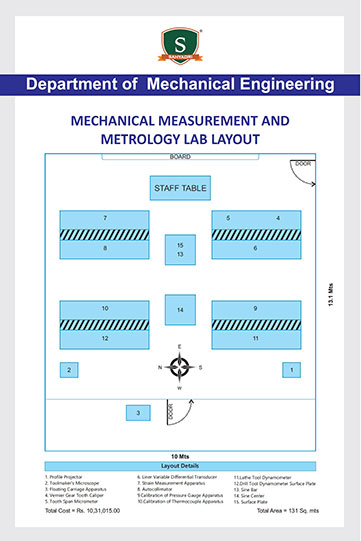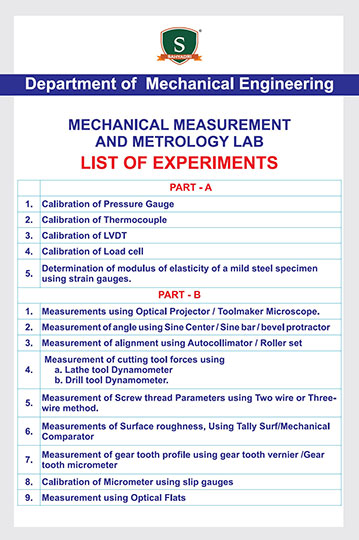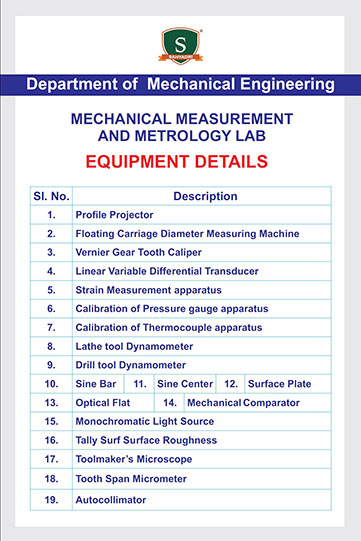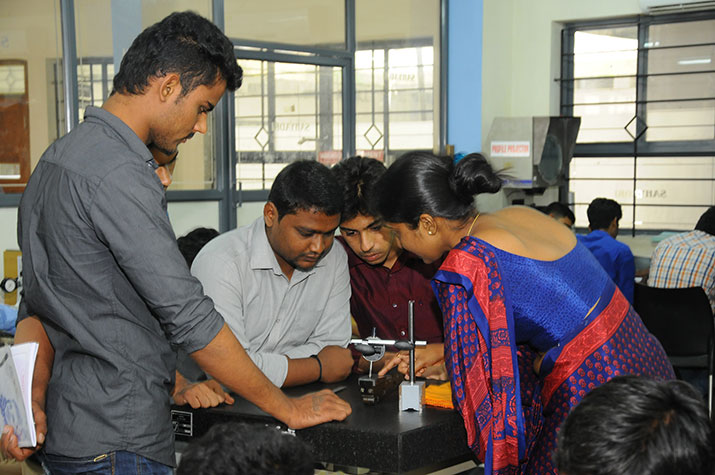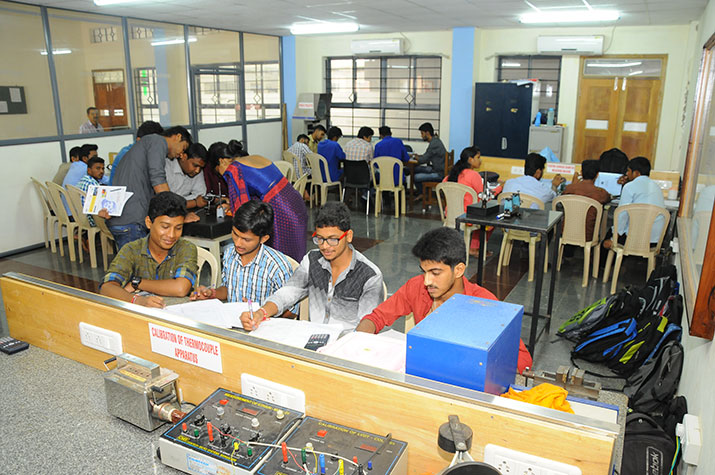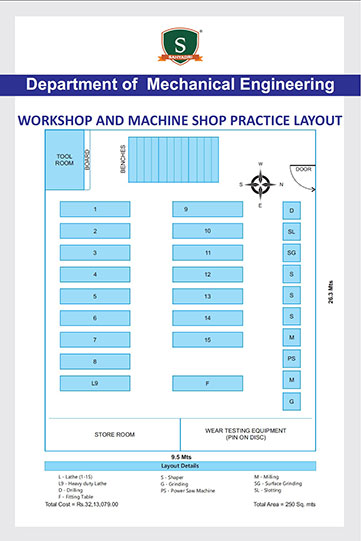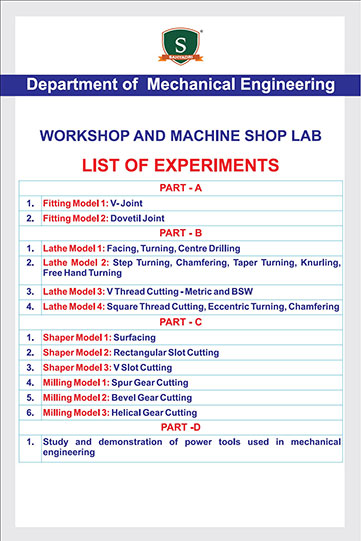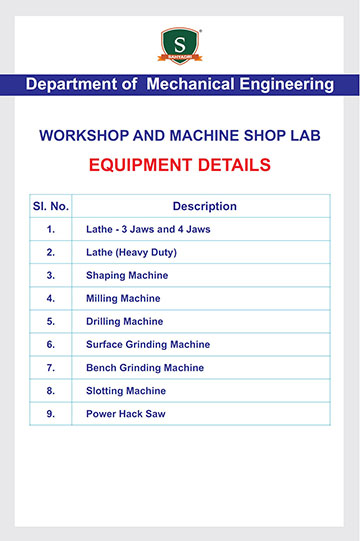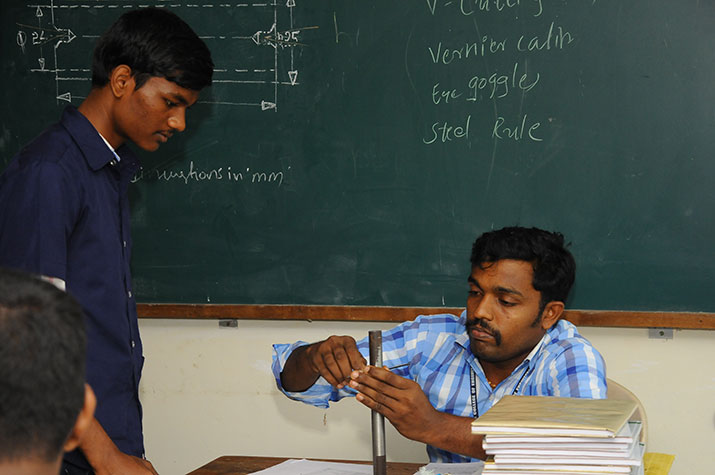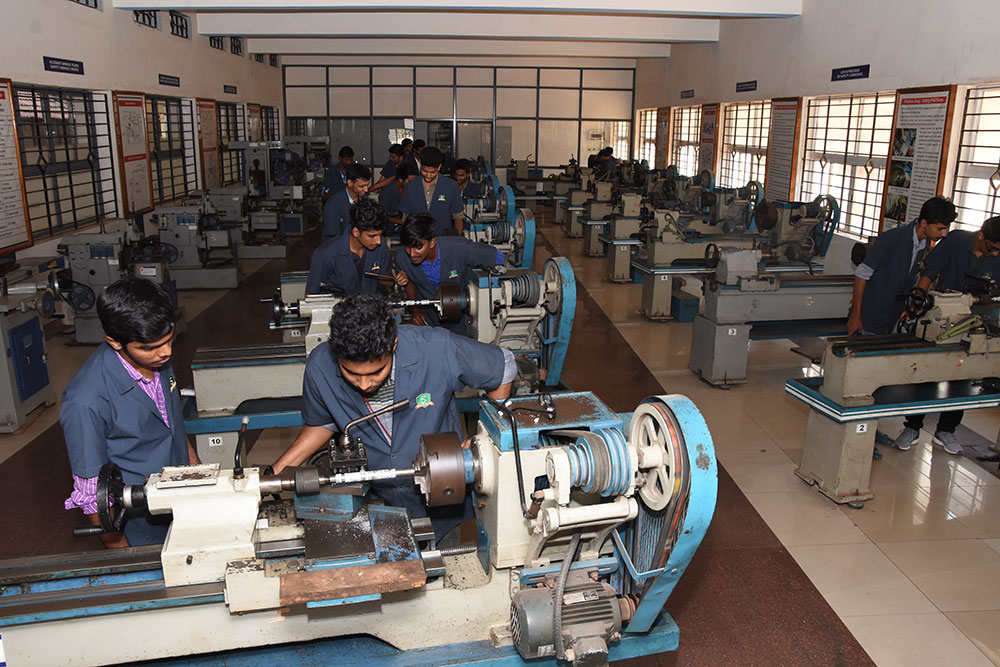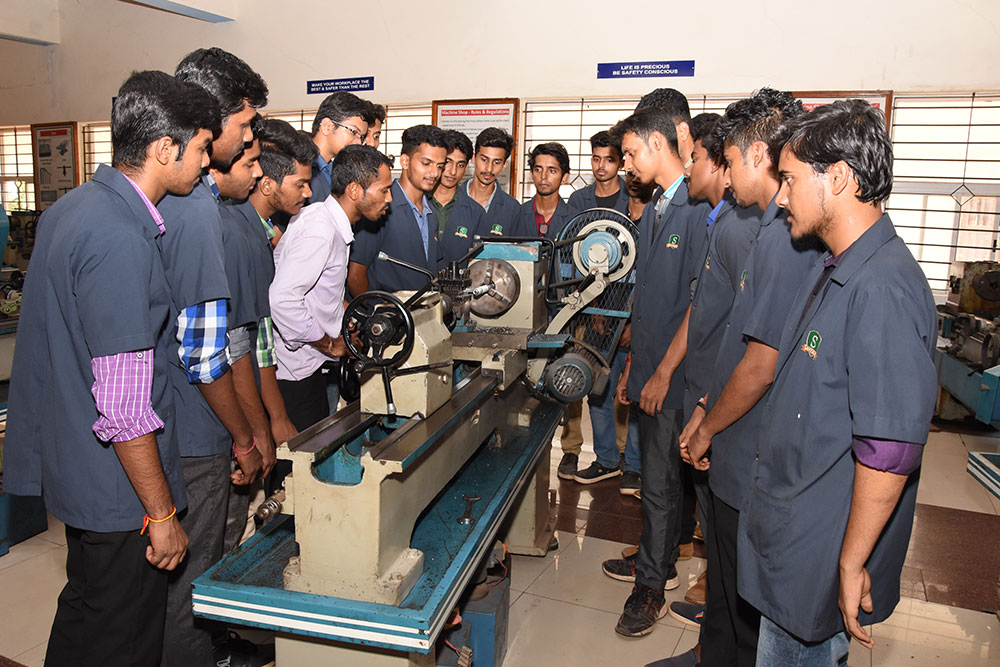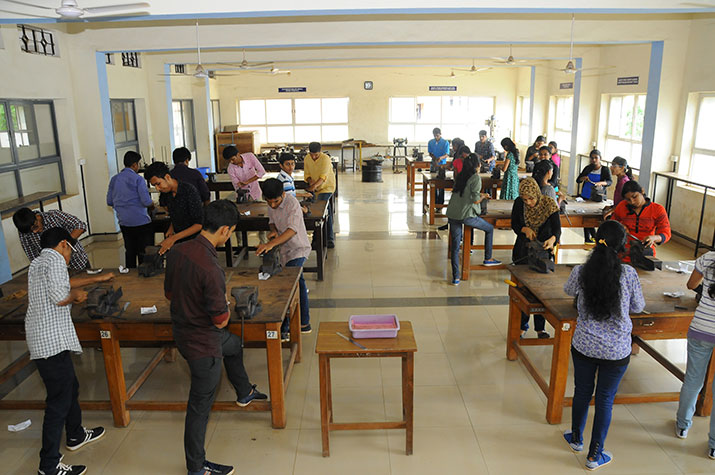Day Three of Sahyadri Conclave – Science, Technology & Managemen
08-Jan-2018
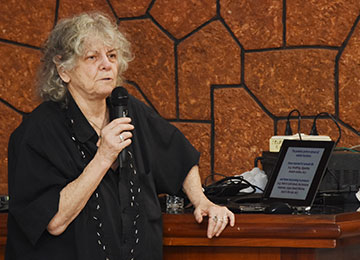
During the first plenary session on Day Three of Sahyadri Conclave, Prof. Joseph Sifakis, The Turing Awardi in Computer Science, Emeritus Senior CNRS Researcher, Verimag spoke on “The nature of computing”. He said that Information is in the mind of the beholder. He stressed that Theory of computation is time ignorant. He spoke about the meaning of computing, Domains of knowledge – abstraction theory and modularity. He introduced Linking physicality and computation using two approaches namely digital physics and natural computing. He concluded the talk by quoting a Greek poem called Ithaka by Constantine P Cavafy.
The second plenary session was by Padmashri Ananth Agarwal, CEO of edX who delivered a talk on “Digital Education Transformation”. In his talk, he introduced an online MOOC platform called edX, developed by Harvard and MIT, USA. He said that there are about 14 million (11% of Indians) students currently enrolled in edX which comprises of 2000 courses in partnership with around 130 global partners ( Premier institutes and companies). He also spoke about Micromasters programme and emphasised that future of education is going to be modular education. He discussed about open edX – an open source LMS of edX for launching online courses. He also emphasised on active learning and promoted instant feedback. He said Modular education, Omni channel and lifelong education are the three important trends that will shape future education.
The third plenary session was by Mr. Ramakrishna Y B, the Chairman - Working Group on Bio Fuels Ministry of Petroleum & Natural Gas, Government of India who spoke on “Bio energy initiatives in India-Cutting edge technologies and policy frame work”. He stated that “The biggest wastage of resource in India is land”. He suggested that efficient utilisation of agricultural resource will solve most of the energy issues. He stated few case studies related to bio-energy initiatives in India. He also spoke about low carbon sectors including alternative fuels, cleaner fossil fuels and production of bio-fuel. He explained about the government schemes on natural fuel promotions.
Panel Discussion was held on the theme “Energy”. The panellists were Mr. Rajashekar Hiremath, President, Flexitron, Bengaluru, Mr. Sanjay Sahay, the Additional Director General of Police, Government of Karnataka and Ms. Yugratna Srivastava, Programme coordinator, Plant for Planet initiative. They discussed about the methods which could be adopted to make India a self-reliant country in terms of non-renewable energy resources which would contribute to the overall economic growth of the country. They discussed about the climate deal summit held at Paris in the month of December 2017 which had 195 countries participating in it. This summit addressed the issues related to climate change, impact of storing energy & generating energy. The panellists also addressed the queries put forward by the audience regarding new inventions in the field of conserving non-renewable sources of energy.
Simultaneously, there were technical sessions held in various venues of Sahyadri to address the domain specific participants like Computer Science & Information Science, Electronics & Communication, Mechanical and also Management.
Mr. Sanjay Sahay IPS, the Additional Director General of Police, Government of Karnataka spoke on “Cyber Security”. He stressed on the importance of Cyber Security in our daily lives. He suggested the students, especially CS/IS Streams, to become cyber warriors to establish their credibility in the society. Mr. Sahay covered the core aspects of cyber security and highlighted the issues with real world examples. The integrity of data was emphasized during the session. During his talk, Mr. Sahay quoted various issues like Meltdown and Spectre, WannaCry Ransomware attacks, Decrypt Petya Ransomware, LAZARUS, Watering Hole Attacks, Digital Darwinism etc. He highlighted the importance of migration from IPv4 to IPv6 for enhanced security. He also called upon students to do self-learning for improving their skills and competence. He stressed on the importance of preserving the data, which can be anything like money, health, assets, life etc. He concluded the session by quoting “Solution is not a Product and Product is not a solution”.
Mr. Rajashekar Hiremath, President, Flexitron, Bengaluru delivered a talk on “Future of Human transportation”. He stated that slow movement of vehicles in urban areas is 6 km/hr which causes huge man hours to be wasted and also causes pollution which intern leads to death by stress. Things which are required to check for traffic are speed of vehicle moving per hour, number of vehicles present in the path and also the number of people trying to overtake. To reduce the traffic jam, one of the major solutions would be to ban private vehicles by 2050 and to motivate public transports, self-driving cars (unmanned cars). He also illustrated the initiatives taken by BMW motors where they implemented sensors for collision avoidance and to detect the direction of movement.
Mr. Anoor Anantha Krishna Sharma, a Mridangist & the Founder of Anoor Anantha Krishna Sharma Foundation for Music, Bengaluru delivered a talk on “Mathematics in South Indian Classical Music with special emphasis on percussion instruments”. He stated that each and every stroke of the music tunes are going to be calculated mainly addition and subtraction. The main Kriyas are Shashabdha Kriya and Nishyabdha Kriya. The basic Thala of the music is Adi Thala. The oral numinous of the music is known as thala. The 3 speeds of music include: 8 bit, 16 bit (Rhythmic one) & 32 bit. The geometrical composition is Yathi’s. The uniform structure of beats is Samayathi. Structure of Mrudanga is Mrudangayathi. Structure of Damaru is Damarugayathi. Structure of Gopura is Gopuchchayathi. Structure of V is Shrothuvahayathi. He also spoke about the permutation and combination of maths in music. He stressed on the different types of phrases and said that playing music in higher beat is URUTU.
Mr. Rahul Kini, Sr. Manager, Finance Operations, Target Corporation Bengaluru apprised the audience on “Operations Management in ITES”. He began his session by sharing his own journey, hardships and experiences. He said “Failing is extremely important as it leads to the path of success”. He deliberated on the evolution of IT and ITES and the opportunities in this sector in the future. Mr. Rahul pointed at few critical success factors for the future managers namely Knowledge, Skill and Attitude.
Prof. Serge Haroche, a Nobel Laureate in Physics discussed about “How Laser has Revolutionized Physics in Last Fifty Years”. He gave a brief history of Lasers. He pointed out the differences between the Classical Lights and the Laser Lights. He continued the session by explaining various types of Lasers. He also spoke about how laser has made tremendous progress and has led to quantitative and qualitative revolution in basic research. Prof. Haroche also illustrated the history of measurement of time by highlighting various kinds of devices used for measuring time across various generations. He listed out the scientists who won Nobel Prize in the field of Laser. The session was moderated by Dr. Shankar Prasad, Founder and Chairman, Sampurna Swaraj Foundation.
Mr. Deva P Seetharam, one of the co-founders and the CEO of DataGlen spoke on “Lifelong kindergarten: a fun approach to engineering a career”. Mr. Seetharam started his speech by giving an example of the movie which inspired him, Sachin - A Billion Dream. He also said to read some of inspirational books like “The pleasure of finding things out” by Richard Fegnuan, “For the love of the physics” by Walter Lewis and “The Joy of mathematics” by Anthur Benjamin. According to him, all these books convey message to Love whatever you do. He was emphasizing on problems in education system where marks is the base for the career. Students choose professional courses as a matter of prestige. In some part of India, it may be a matter of Dowry system. He was encouraging Indian women to take professional courses. After doing engineering, there are many opportunities like IAS, Engineering, Professor, entrepreneur, pilot, and management.
Mr. V Krishna Venkataram, Professor & Head, Mechanical Engineering, PES Institute of Technology, Bengaluru spoke on “Mathematics in South Indian Classical Music with Special Emphasis on Percussion Instruments”. He briefed about koruppu, the session where they reduce the time and increase the bits levels. He explained about the Thala, where Thala is the musical time, i.e., physical act. The time difference between each thala is kept constant. He explained about LAYAGNANA is the ability to maintain the time in Thala. He demonstrated Adithala with 3 bits to 9 bits. He even told that western art of music are simple than the Indian. He briefed about Avadhana, Ashtavadhana, Shathavadhana. He briefed about Atheetha edupu and Anagatha Edupu. He suggested to read the book by L Rajarao on the music i.e., Sangeetha Chandra mohana.
Mr. Chethan Shenoy, Associate Director & Head of Investment Products Anand Rathi Securities, Mumbai delivered a talk on “Application of Financial Planning & Wealth Management”. During the session he explained various strategies an individual must formulate for wealth management and its implementation. He further explained various scenarios of investment and emphasized on the key to a wealthier future which lies in Knowledge and Application of the Knowledge. He gave away six lessons for every amateur investor which could lead them to better returns in their investment. He stressed on how proper asset allocation can help in increasing ones wealth over a period of time taking into consideration various risks associated with it. He advised the crowd to start early in order to get better returns in the long run.
Afternoon Sessions of Day Three
Mr. Prakash Bettadapur, Senior Advisor, Dhiomics Analytics Private Limited delivered a talk on “Successful Agile Transformation Ingredients”. The traditional ‘Water Fall Model’ fails to meet the requirements due to rapid changes in the software field. To overcome this limitation ‘Agile’ transformation is adapted. Agile transformation involves customer collaboration and response to the rapid changes in the field of development. He introduced the term ‘Scrum’ which is a framework for managing the process.Dr. Anish Arora, Professor, Ohio State University, USA, delivered a session on “Cyber security issues of IoT”. In his talk, he emphasized on the building of IOT and he gave a glimpse of how one can assemble a simple IoT device. He also spoke about the trends in IoT. He addressed about the various security issues in IoT, and ways to handle them. He also emphasized on models of cyber security and different surface attacks. He spoke about several standards and regulations to solve security issues with respect to IoT.
Prof. Satish K Tripathi, President, University at Buffalo, USA delivered a session on “Research challenges of 21st Century - a University at Buffalo perspective”. He gave overview of various research activities which are carried out at the UB University. During his talk, he highlighted the challenges for engineering in 21st century and he also mentioned about its cross cuttings. He emphasized on few challenges such as making solar energy economical, enhancing virtual reality, reverse engineering the Brain etc. He concluded by giving a glimpse of efficient learning and understanding of Big Data.
Prof. Serge Haroche, Noble Laureate in Physics delivered a talk on “A story about the interaction of light with matter in which water plays an important role”. He said that Quantum theory has opened to us the microscopic world of particles, atoms and photons. He explained Controlling Photons in a Box and Exploring the Quantum to Classical Boundary. He also said that the recent experiments controlling single particles lead us to believe that quantum strangeness could be harnessed to develop new communication or computing tools.
Prof. Anuradha Agarwal, Principal Research Scientists, Massachusetts Institute of Technology, USA introduced the topic by speaking about smart food which is a journey from the Farm to the table. It includes food growth, transport, distribution and consumption. Photonic sensor is widely accepted because of wireless communication and need of surveillance and security of the society. The photonic sensor uses photons which are light particles for sensing operation. Integrated photonic sensors is the next level of photonic sensors uses optical fibre cable to transmit light from one end of the chip to the other end.
Mr. Bharath Shivappa, Director, Clients & Markets, Deloitte facilitated a session on “Marketing, a consulting services firm”. He started his talk by enlightening the students on his life experiences. He emphasized on 4 P’s of product mix and 7 P’s of Service Marketing. He touched upon Marketing Professional Service Firms and sales approaches used to win clients. He concluded his session by using 2 strategies to builds a client i.e Hunt and Farm.
Mr. Dileep Chandra, India Country Manager - HRGS, HP Inc India addressed the gathering on “HR Shared service model”. He spoke his life experiences of struggle and hardships. He spoke on the model of HR shared services, activities and challenges of the HR shared service domain.
Prof. Robert Richardson, Scientific Researcher in Robotics, Leeds University, UK spoke on “Robots are tools to design to achieve human goals”. He elaborated the use of Robots in the field of Agriculture. He said that Robots should not be designed to harm human beings. Robots can operate in many environments. Underwater- Materials to withstand pressure, Corrosion, Sealing of moving parts. Explosive proof- Design to prevent explosive mixtures.
Mr. Rajendran Dandapani, Business Solutions Evangelist, Zoho Corporation spoke about startup thinking, startup rules, and ideas of startup. He explained about history of Zoho Corporation, products of zoho, and about softwares. He gave tips to young talents about what to start and how to start using some quotes and with outstanding examples such as Facebook, Orkut, Gmail, etc.
Dr. Suresh Nagesh, Managing Director, Voith Engineering Services spoke about needs, opportunities and challenges in the field of alternative energy resources, how increase in the demand of global energy affects the economic growth, lifestyle of people and vice versa. The main source of energy in many countries still is usage of fossil energy and it is Time not to think, but through action to replace the use of fossil fuels with alternative energy sources. He also emphasized on careful selection of alternative energy sources by considering its reliability, effect on environment, lifestyle etc.

